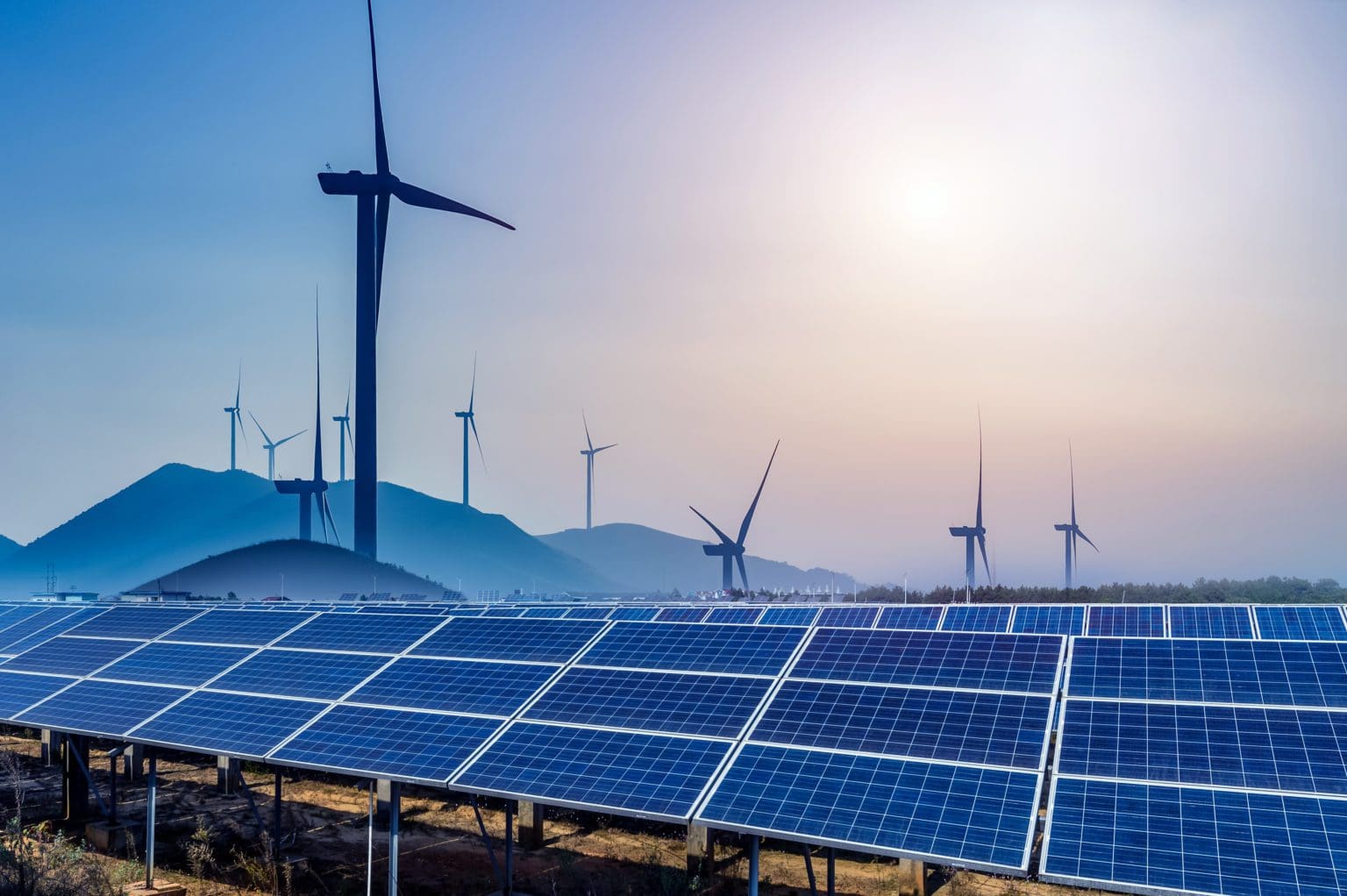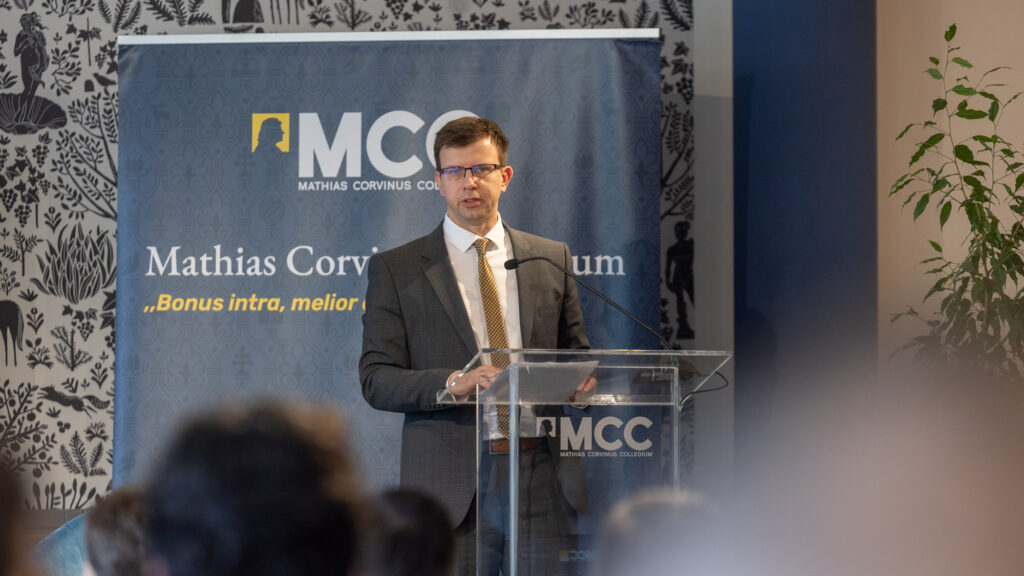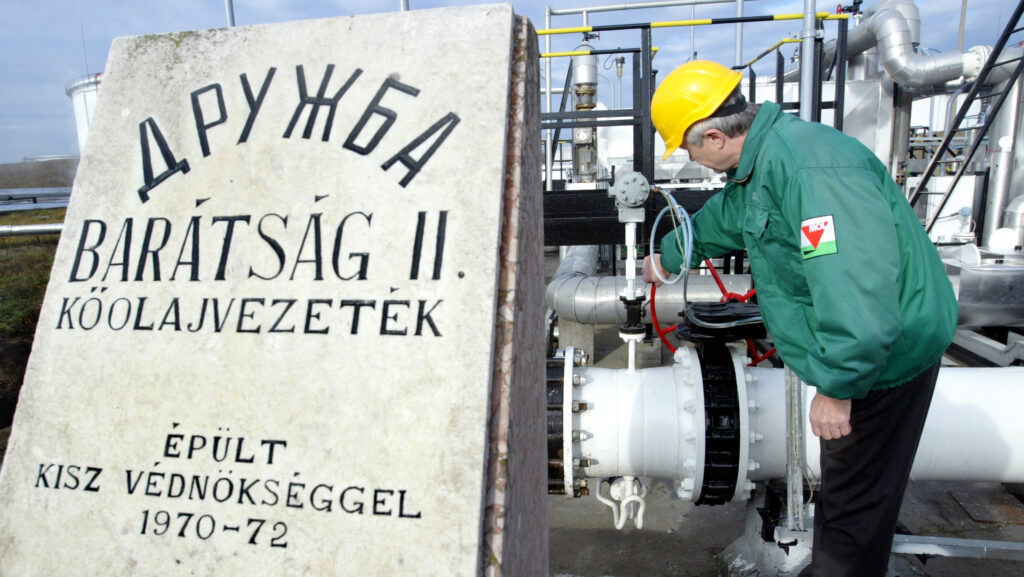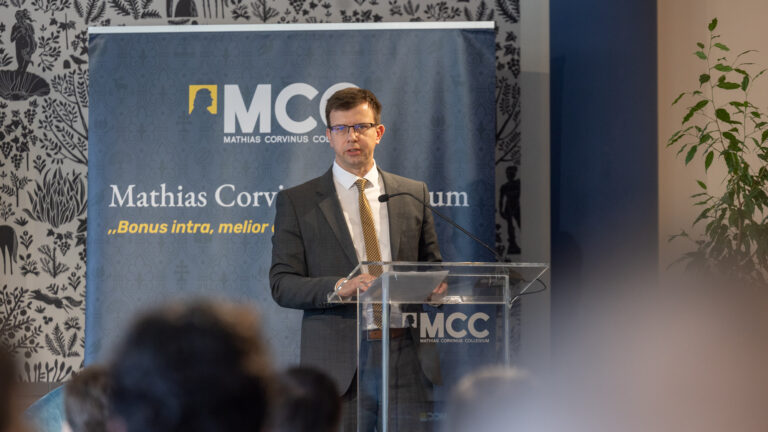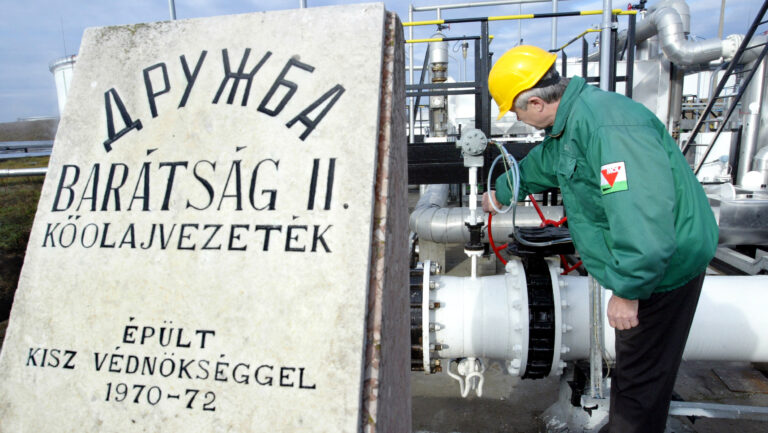Hungary has passed a major milestone in its green energy journey: the country’s total installed solar power capacity exceeded 8000 megawatts in June, the Energy Ministry announced on Facebook. This expansion played a key role in reducing the proportion of imported electricity to below 20 per cent in the first half of 2025.
The ministry emphasized Hungary’s ambition to become a leader in green energy production and storage. In fact, according to recently published data from the International Renewable Energy Agency (IRENA), solar energy accounted for the highest global share of electricity production in Hungary last year, contributing to a 25 per cent year-on-year increase. Between 2015 and 2024, Hungary’s renewable installed capacity grew more than eightfold—the highest growth rate in Europe.
Thanks to this remarkable increase in renewable capacity, Hungary’s electricity import ratio dropped significantly. In the second quarter of 2025 alone, monthly import rates were exceptionally low: just 10 per cent in April, 13.5 per cent in May, and 13.7 per cent in June. Each of these months outperformed the previous record low of 15.4 per cent set in April 2024.
This shift toward self-sufficiency also means Hungary can increasingly produce surplus electricity for export. To support this trajectory, the government has already provided 180 billion forints in funding for households and businesses to install energy storage systems. These allow excess solar power generated during midday peaks to be stored and used during high-demand evening hours, enhancing efficiency and profitability.
The Energy Ministry also announced an upcoming corporate grant programme under the Jedlik Ányos Energy Plan. With a 50 billion forint budget, the initiative aims to encourage the installation of industrial-scale energy storage, further stabilizing the grid and supporting continued green energy deployment.
Hungary’s sustained focus on renewables and energy storage marks a clear shift toward greater energy independence and positions the country as a regional leader in the clean energy transition.
Related articles:

